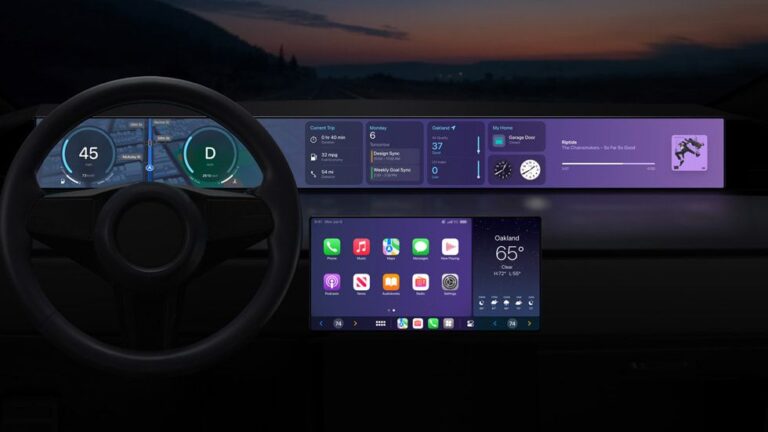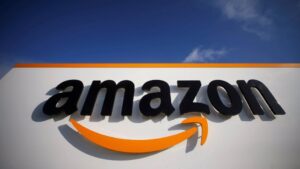Twitter is expensive but at least it is fairly governed.
- While Samsung has reported earnings that were broadly in line with expectations, the real interest is around the filing of Twitter’s S-1.
- The pre-IPO document reveals that the company is seeking to raise around $1bn at a valuation of $12.4bn (22.4x EV/Sales on RFM estimate of 2013 sales of $550m).
- This compares to FaceBook on 16.3x 2013E EV/ Sales and Google on 4.9x 2013E EV / Sales.
- By comparison Twitter is expected to grow at 91% this year while Facebook and Google are expected to grow at 44% and 18% respectively.
- It is upon these growth rates that I expect that the valuation of Twitter has been set.
- The big question is how sustainable that growth is and at what pace will it slow?
- When I look at revenues from monetising Internet traffic, the key to sustainability remains the Digital Life pie. (see here).
- The Digital Life pie shows how much of a user’s activity that an ecosystem has a service for.
- It is therefore an approximation of degree to which a user can live the entirety of his or her Digital Life within that eco-system.
- Google services cover 66% of Digital Life while Facebook covers only 33%.
- Twitter covers a tiny 7%.
- Facebook’s sudden growth spurt is all about monetising mobile traffic more effectively and very little to do with growth in underlying traffic.
- This means that once it has maximised monetisation from its 33%, growth will slow unless it can cover more of the Digital Life pie.
- Facebook Home and other such efforts have been aimed at doing this but to date have been miserable failures.
- By the same token, Twitter faces exactly the same issue and given that its coverage of the pie is much lower than Facebook’s, its revenue is likely to plateau at a lower level.
- Hence, the critical issue for Twitter is to cover more of the pie and there are signs that it is attempting just that.
- Until it has properly covered more of the pie, I am always going to worried that growth could grind to a halt at any moment.
- A back of an envelope calculation would indicate that this is likely to happen somewhere around revenues of $2bn which should be hit somewhere in 2016.
- Hence for now, growth looks pretty safe.
- A huge plus for Twitter is corporate governance where all of the shares carry the same voting rights.
- The same can not be said for either Google or Facebook and for this reason I would give Twitter at least a 30% premium over either company even if they were growing at the same rate.
- Twitter’s timing is perfect with Google not far off all-time highs and Facebook having covered its mojo.
- Hence, I am sure the issue will go well and the stock should perform nicely for at least the next 18 months.
- I am just worried about what its low coverage of Digital Life means for growth when revenues start to nudge the $2bn mark.









Blog Comments
tatilsever
October 4, 2013 at 1:32 pm
Facebook may be trying to deduce what you are interested in based on who you know, but Twitter knows what you are interested in based on who you follow. The distinction is not perfect, as Facebook knows some of the links you click on when one of your “friends” post something as well. However, many “friends” on Facebook are due to historical accidents, such as your relatives or childhood friends with whom you may not have many common interests any more, other than the emotional attachment to each other. Sure, they may post something interesting every now and then, but that is a relatively limited set of data for Facebook to get to know you. People on Twitter tend to be more of the active actual friends or people you don’t know in real life, but whose chatter you *chose* to follow due to an actual current interest.
windsorr
October 7, 2013 at 1:06 pm
That is true but the scope of Facebook is MUCH greater. Looking at the data that Facebook holds on its users it should be able to learn much more than Twitter can. This will be the case even if it is a little less specific. Plus users spend 5x more time using Facebook than they do twitter so there is a greater opportunity for Facebook to target them with something. Hence the addressable market for Facebook is likely to much greater than it is for Twitter all other things being equal.
tatilsever
October 8, 2013 at 1:15 pm
Right now, yes, but Twitter has been putting out feelers about inline “media” in the streams. If so, Twitter could become as attractive to post pictures and links as Facebook.
In any case, I am more curious about Twitter’s profitability. It’s got a lot of revenue, but forecasting growing losses. At this stage, I’d think economies of scale would kick in. Hopefully, it will not turn in to a GroupOn.
Twitter – Empty table | Radio Free Mobile
November 5, 2013 at 9:48 am
[…] the problem of being limited to such a narrow slice of Digital Life (see here) is not going to be a problem before it hits around $2bn in annual revenues. (around […]